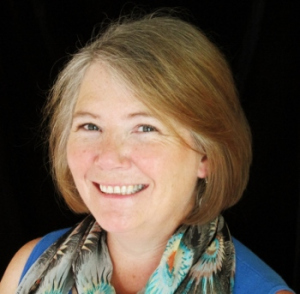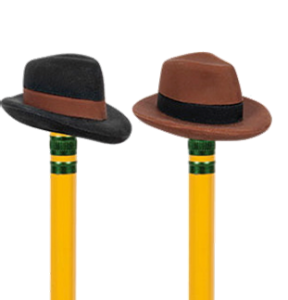 What is Romance?
What is Romance?
Guest Post
by Paty Jager
When I tell people I write romance, most of the looks and comments I get are condescending. As if they feel a romance book isn’t worthy of the time and effort that goes into the making of an emotion story between two characters.
Two years ago I attended a weekend writers conference with suspense writer Larry Brooks. While going through his information, he’d ask us—all romance writers—questions. He brought up the need for a character arc for the main character. We would then pipe up and say, “No, there has to be two character arcs, one for the hero and one for the heroine. And a third if you have a villain.” After the third time we said this, sparking discussion about making sure the character arcs, the plot and subplot all mesh, that he said, “I stand in awe of romance writers. You have to do twice the work I do and come up with a satisfying ending that makes the reader feel your characters have completed their journey.” (I paraphrased Larry’s second sentence)
Writing romance is not easy. You have to make sure your hero and heroine have clear and defined growth throughout the story. This growth comes from their growing interest in one another and the obstacles they encounter through the plot and subplots. Continue reading “Writing Romance”

 Guest post
Guest post Guest post
Guest post Guest Post
Guest Post